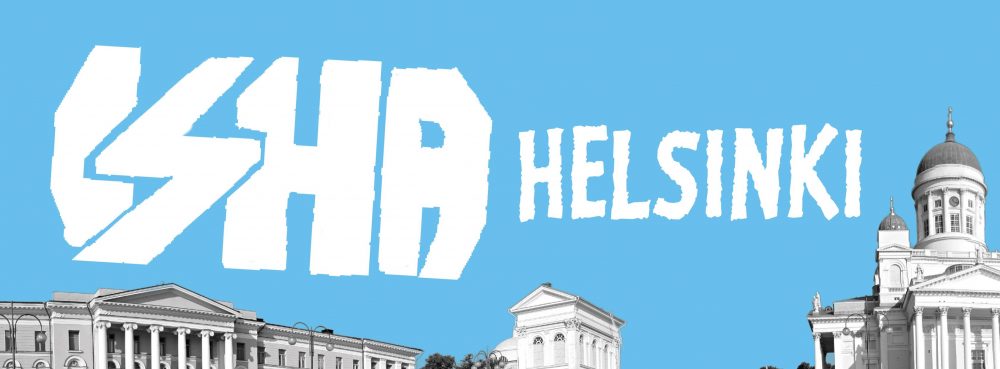Who Owns the Past? What happens when the past becomes the present? Who defines the truth?
Welcome to debate these issues in the International Students of History Association Annual Conference in Helsinki, 14th-19th of April 2003. The use of history should always be our concern. The conference covers a huge variety of topics which gives you the opportunity to study something you find interesting. We have found it our responsibility to make this conference both informatic and instructive. Our goal is simply to raise discussion about these subjects.
1) Why history?
New challengers for traditional historical writing. How are the „new“ genres, methods, research materials changing the discipline? What do we need history for? Can for instance micro history, network analysis or gender history answer to the challenge of the 21st century?
2) „Counter history“ and popular memory
The popular memory preserving history and how it differs from the official historiography. How has history been interpreted among people? „The history of the common people“ in academic research projects.
3) Censorship, manipulation, propaganda
Distorting the facts, hiding the sources. Researchers face it everyday, but can it always be condemned? Usage of past events for propaganda purposes.
4) Can the past be a judge?
Who can write official history, the winners only? What happens to former rulers in history writing of today? Can and may history be used as a justification for actions.
5) „Hollywood history“
Movie history vs. „official“ history; How do the conceptions of history presented in films differ from the official interpretations? How do movies answer the public‘s questions of the past?
6) History, ideas and Europe
7) European integration: The making of a historical identity
European history vs. European histories. What makes the European integration project different from other great projects of history? Where does the European integration process get its legitimation? What role does historical argument play in this process/project?
8) Historical myths
How are myths created and by whom? How have they been used in pursuing self-interests? Some myths persist and some disappear: The might of Soviet Union in the 1980‘s, Germany‘s guilt in the First World War, the „Decline of Morals“ in the Roman Empire.
9) Instant history
The mass media is replacing researchers in the making of history interpretations. How does the mass media build and influence the public‘s ideas about the past? Is history for sale? Politicians sometimes refer to historical events to back up their own ideas. They choose facts that suite best their own interests. In this framework, what kind of role does the academic research play in the field?
10) Art mediating history
What kind of roles have art forms, books, architecture etc. had in the formation on the concepts of history throughout times? Do historical events create styles of art or does art shape history?
see: source of information
